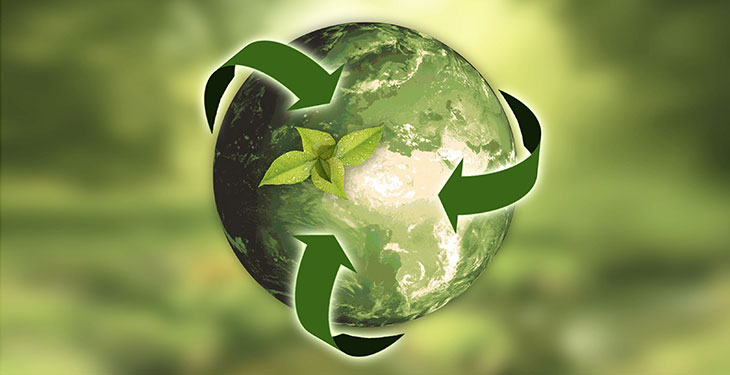The National Recovery and Resilience Plan (PNRR) represents a unique opportunity for Romania to develop and achieve a climate-neutral economy by 2050, by adopting the newest and greenest existing technologies, he said in an interview given to Agerpres, Mihai Constantin, responsible for Climate & Energy Policy Officer of WWF Romania.
The organization’s specialist also spoke in the interview about the factors that led to the increase in electricity and gas tariffs, but also about the long-term measures that the Government should take to truly support consumers, beyond clearing invoices, as it solves the problem “only in the short term”. As for the idea of capping tariffs, Constantin says it is unlikely to happen because “European legislation does not allow this.”
According to the environmental expert, the Bucharest authorities have opted for projects to support the use of natural gas, although Romania should have supported in PNRR the development of renewable energy and complementary measures, such as creating energy storage capacities and modernizing infrastructure electricity transmission.
“Unfortunately, the people in the Ministry of Energy could not come up with truly modern measures. They have chosen to use solutions that Western European countries have used for decades, namely natural gas support. This will be a losing book for us in the long run.
“In the EU there is already the polluter pays principle, ie those who burn fossil fuels (gas, coal, etc.) to pay additional taxes for these emissions. At the moment, there are discussions that in the future, even those who have gas-fired apartment plants, will pay for the pollution they produce. Thus, we should have supported in PNRR the development of renewable energy and complementary measures, such as the creation of energy storage capacities, the modernization of the electricity transmission infrastructure, etc.
“If I were to make a comparison, it is as if Romania chooses to develop the copper internet network, when at the moment there is already 5G technology on the market,” he said.
“Natural gas is considered a transition fuel, which will not be used for a long time. Let’s start developing gas infrastructure now, it will take several years, and at that moment the European Union will already be preparing to give up this type of resource. But there is a lot of potential in terms of electricity. We have, for example, offshore wind energy in the Black Sea, which is virtually untapped. Of course, we also need to do studies to see the impact it would have on biodiversity, but it can become an environmentally friendly source.
“The same goes for photovoltaic energy. We have, especially in the big cities in our country, a lot of buildings on which photovoltaic panels could be installed. Also, energy from geothermal sources is to be taken very seriously, and in the western part of the country we have this resource in the basement to which we give too little importance,” added the WWF expert.
